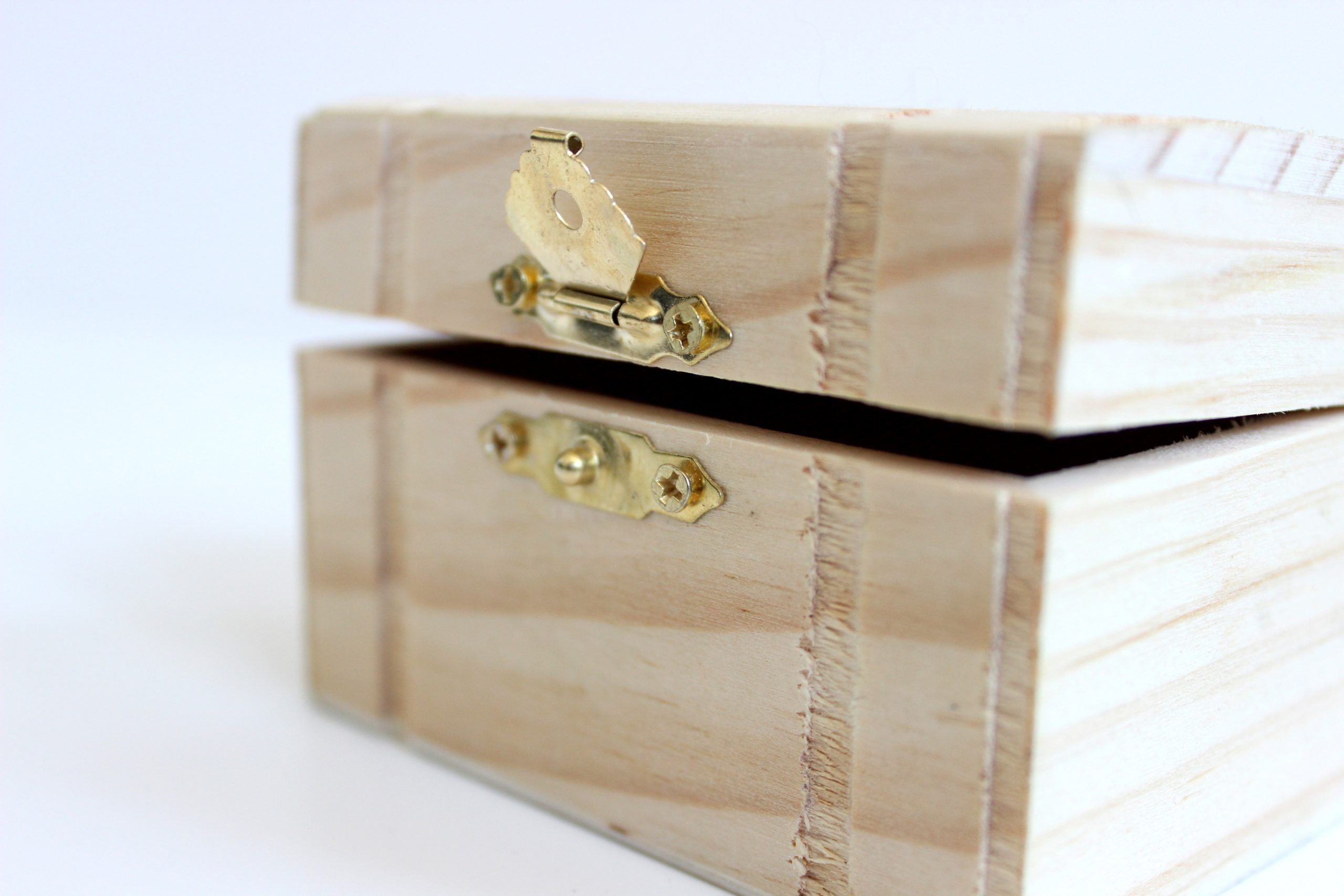

Want to reduce the stress your family will likely feel right after your passing? Store your Will & important documents in easily accessible Legacy Drawer!

Create your estate plan or file for probate today.
Share this article
The best way to avoid causing your family undue stress is by having a legitimate Will or Estate Plan prepared before you pass. And if you do make the smart decision to prioritize your Estate Planning early on, the best way to ensure your directives are upheld is to keep those plans safeguarded in a legacy drawer.
In the event something happens to you, your family should be able to access your important documents without your assistance. After you pass away, they will need to survey your Will, insurance policies, and financial documents so that they can distribute your assets accordingly.
So where should you keep this important information? Keep reading to learn:
A legacy drawer is a place in your home (often times a drawer or filing cabinet) that contains important documents your family would need to access in the event you pass away or become incapacitated. The term was originally coined by financial expert Dave Ramsey but has now made it into mainstream Estate Planning lexicon.
It’s also necessary to point out that a legacy drawer should be a physical place — meaning not on your computer or other digital device. If you pass away or become incapacitated and your family is unable to retrieve, say, your Will or Estate Plan because it’s safeguarded behind password protection, your advance directives will be rendered useless.
The number one reason why it’s of utmost importance to create a legacy drawer is to make it easy for your loved ones to find your significant documents once you’ve passed away. Family members will be grieving your death while also having to deal with the added stress of planning your funeral. There’s no need to increase the burden on their shoulders by making it impossible for them to find your Will, Estate Plan, insurance information, or other important documents.
If your family is unable to locate your Will or Trust, it will be assumed that you either destroyed it or never created one at all. In this case, you are considered to have died intestate. Dying intestate, or dying without a will, means the future of your assets and estate are dictated by probate court ruling. Every state’s law varies, so your assets will be divided in some way between your spouse, children, parents, siblings, and next of kin depending on where you live.
Just think of it this way: if you put in the effort to prioritize your Estate Planning in advance (which everyone should do) you may as well take the extra step to ensure it’s kept in a safe place.
Any document pertaining to assets enumerated in your estate, or of other financial or sentimental value to yourself and your family should be kept in your home’s legacy drawer. Here are a few common examples:
Again, your legacy drawer doesn’t have to be an actual drawer. It can be a box, crate, folder or anything that can house documents. The most important thing is that it be easily accessible and that family members know exactly where it lives.
Be sure to keep your legacy drawer somewhere safe and that the chosen spot is protected from potential fire or flood damage. And resist the urge to “hide” it somewhere special. While it can be tempting to keep your legacy drawer somewhere an average person wouldn’t be able to access, you risk forgetting where you put it and losing all of your important information.
If you’re so inclined, you can also keep your legacy drawer at your attorney’s office. At the very least, they can keep a copy of any signed document in case something is accidentally destroyed. Your executor or personal representative may also be willing to house your legacy drawer if you feel that that’s necessary.
Lastly, anyone who has formed a revocable living Trust can have the person they named as their successor trustee hold on to important paperwork for them.
Sorting out your affairs in advance so that you are prepared once you pass away may not be a task you want to think about. But doing so is the best way to ensure your family and loved ones avoid going through additional hardship while they grieve your death. When your Will is clear, your funeral instructions are explicit and your insurance paperwork is easy to find (because it’s organized in your legacy drawer), your family will be able to spend less time tracking down documents and more time seeing to your end-of-life wishes and cherishing memories.
Don’t wait another day to start your Estate Planning journey with the help of Trust & Will.
Share this article